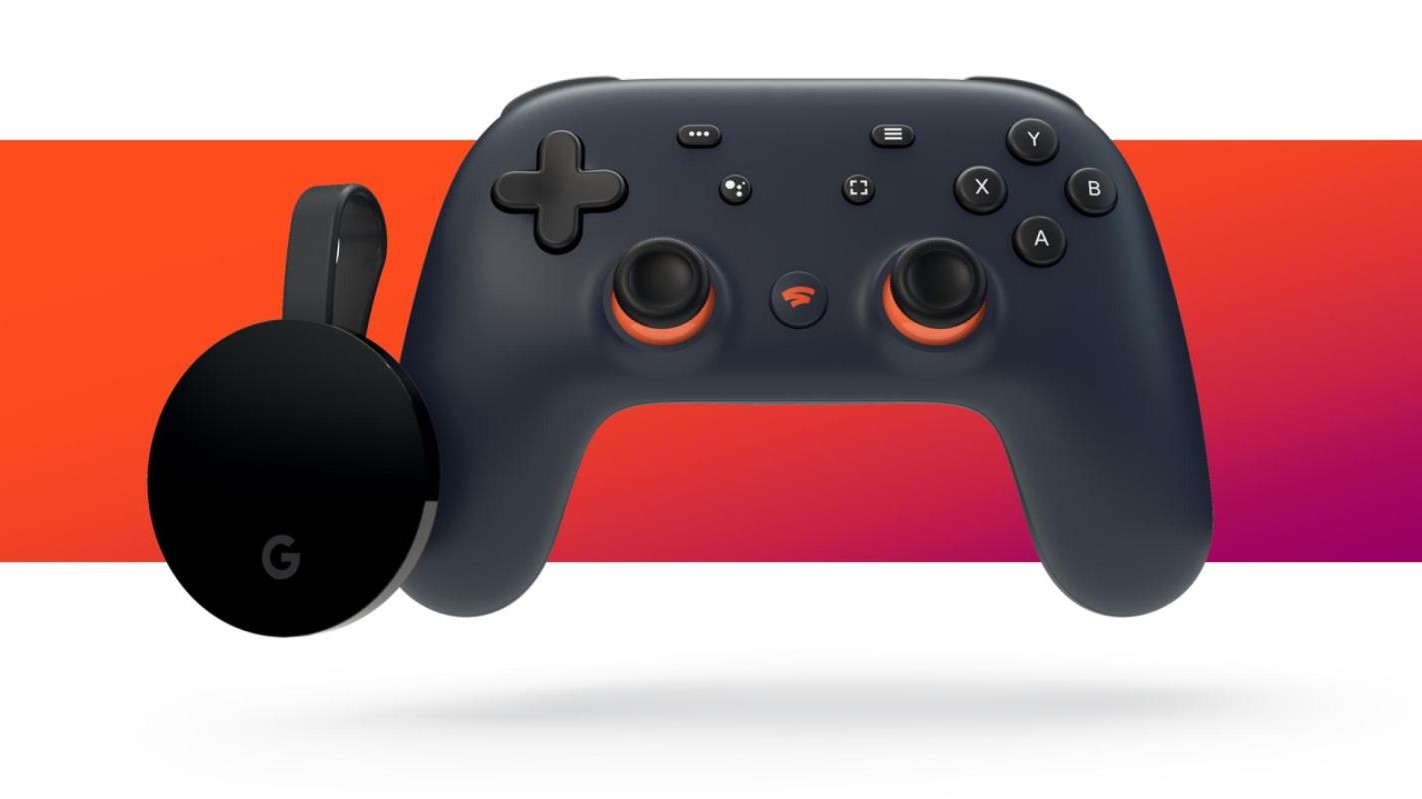
Google announced today that it’s dropping the price of its Google Stadia Premiere Edition starter kit that comes with a Chromecast Ultra and Google Stadia Controller from $129/£119 to just under $100/£90.
The bad news, though, is that the Stadia Premiere Starter Kit will no longer come with a three-month free trial of Stadia Pro... which was actually a nice perk for paying for the proper hardware.
The drop in price feels like a way for the game-streaming service to pick up some steam ahead of the launch of the PS5 and Xbox Series X, and follows the launch of Stadia’s free tier back in April that allows you to use the service without being a Stadia Pro member.
In fact, now that Stadia’s free tier is available, you actually don’t even need to use Google hardware at all to start streaming – you can simply use your PC’s browser with a USB-compatible controller to start gaming on Google Stadia’s website. Really, you only need the Google hardware if you want Stadia on your living room TV.
The pros and cons of being a Pro
Stadia Pro was arguably the most confusing and controversial aspect of the launch of Google Stadia: you had to be a Stadia Pro member in order to play games on Stadia at launch, and you needed to use Google’s hardware. No exceptions.
The upsides to being a Pro member are that games can be played in 4K and Google does offer you a ton of free titles every month, plus a hefty discount on a dozen other games, similar to Microsoft’s Xbox Live Gold and Sony’s PlayStation Plus plans.
And Google, to its credit, is standing by those perks going forward.
Sign up for breaking news, reviews, opinion, top tech deals, and more.
At $10/£9 per month, though, the plan is pretty steep and the three-month trial that Google included with the Stadia Premiere kit was a nice taste of the subscription.
- Not sure what you should play on Stadia? Here's our list of the best Stadia games

Nick Pino is Managing Editor, TV and AV for TechRadar's sister site, Tom's Guide. Previously, he was the Senior Editor of Home Entertainment at TechRadar, covering TVs, headphones, speakers, video games, VR and streaming devices. He's also written for GamesRadar+, Official Xbox Magazine, PC Gamer and other outlets over the last decade, and he has a degree in computer science he's not using if anyone wants it.